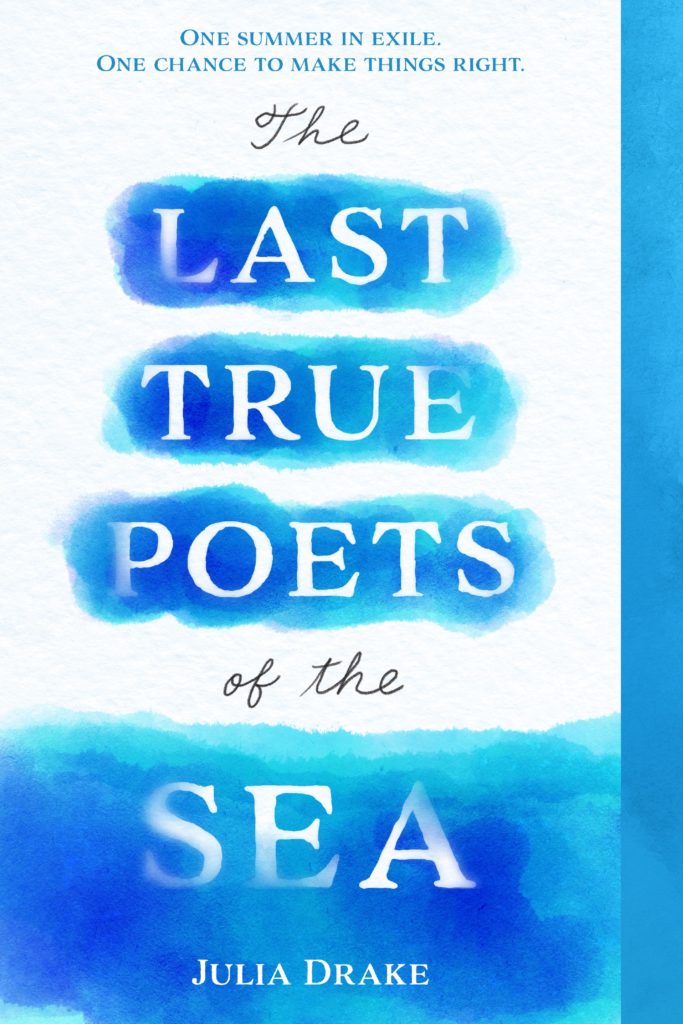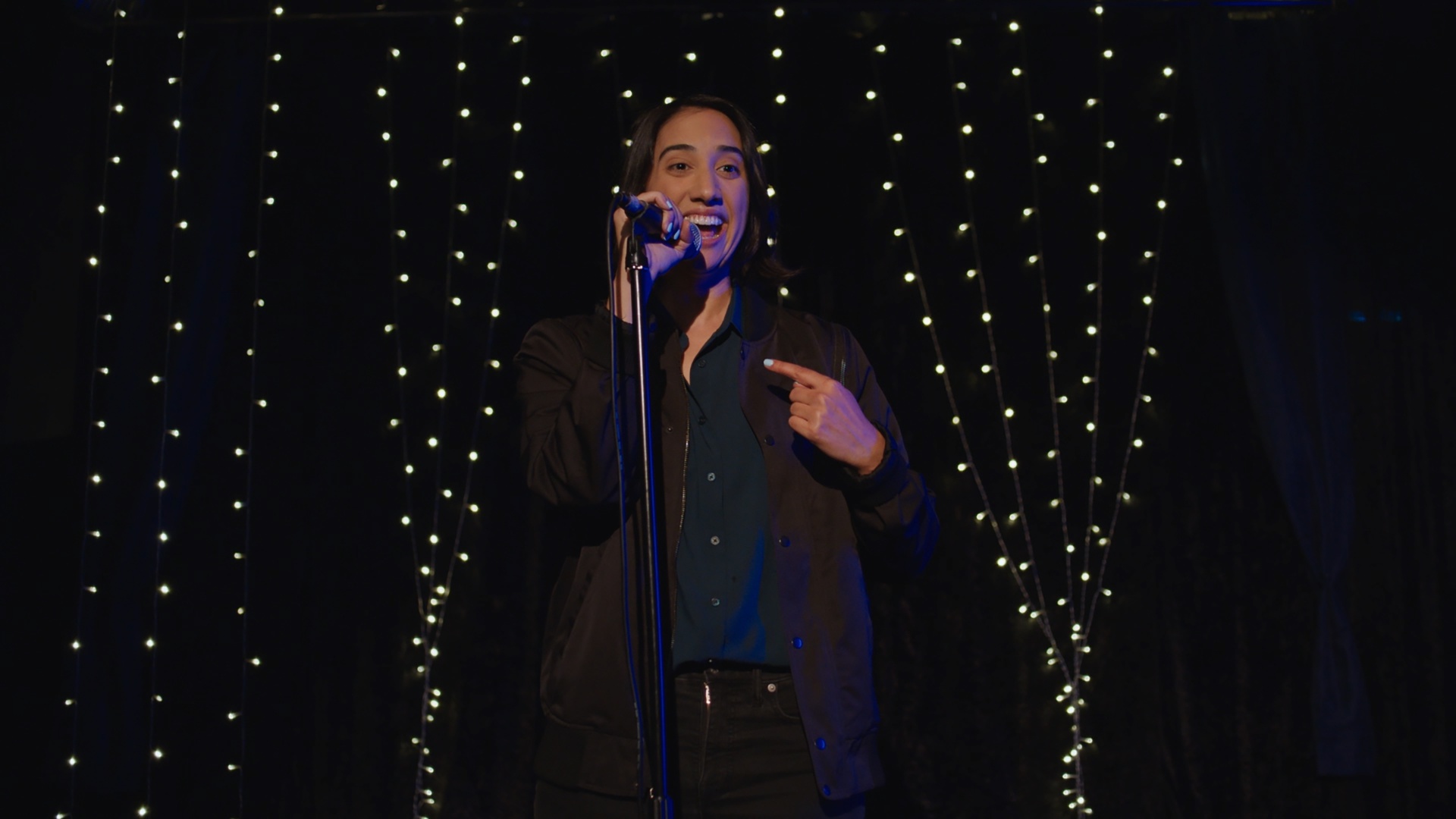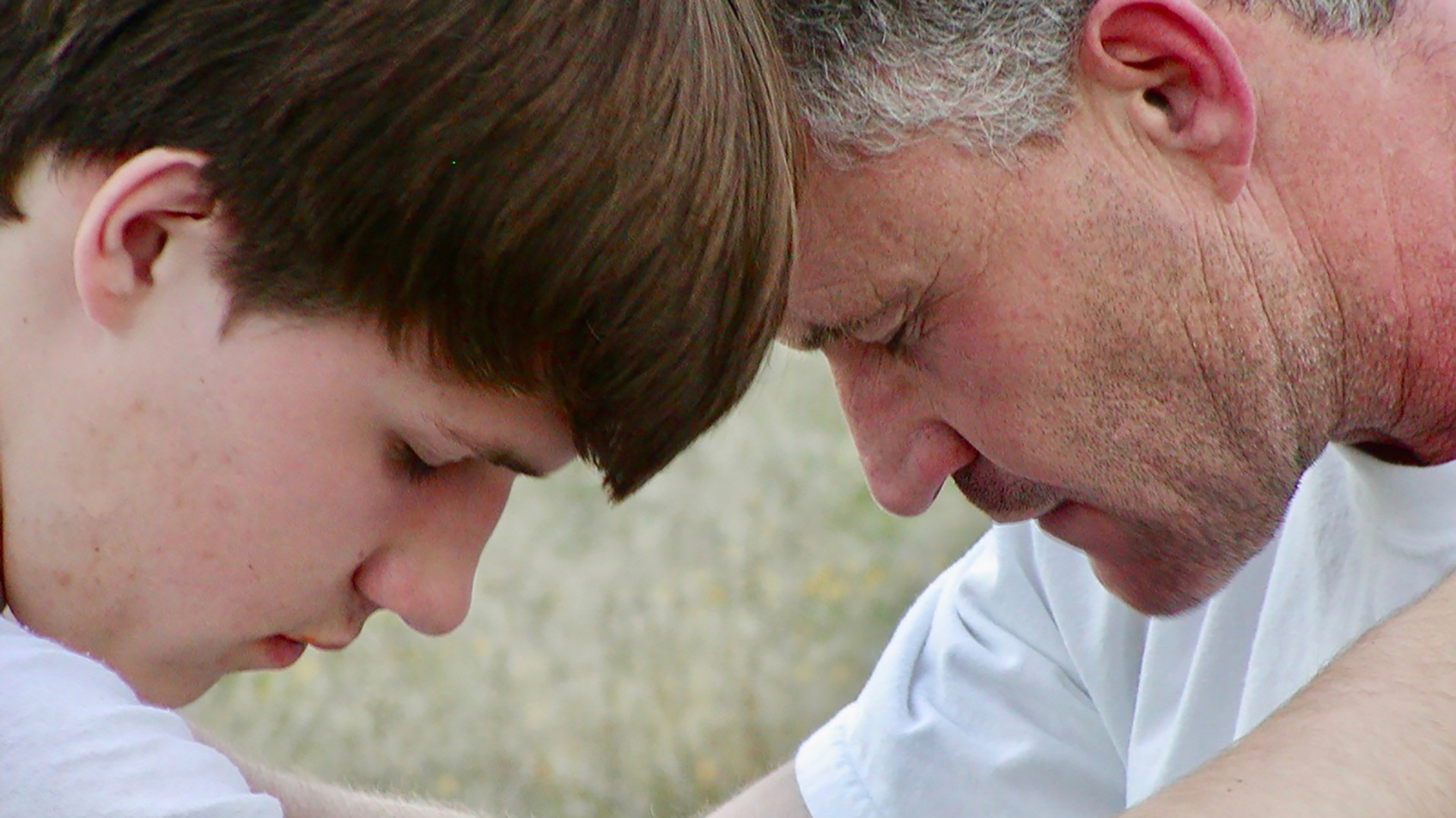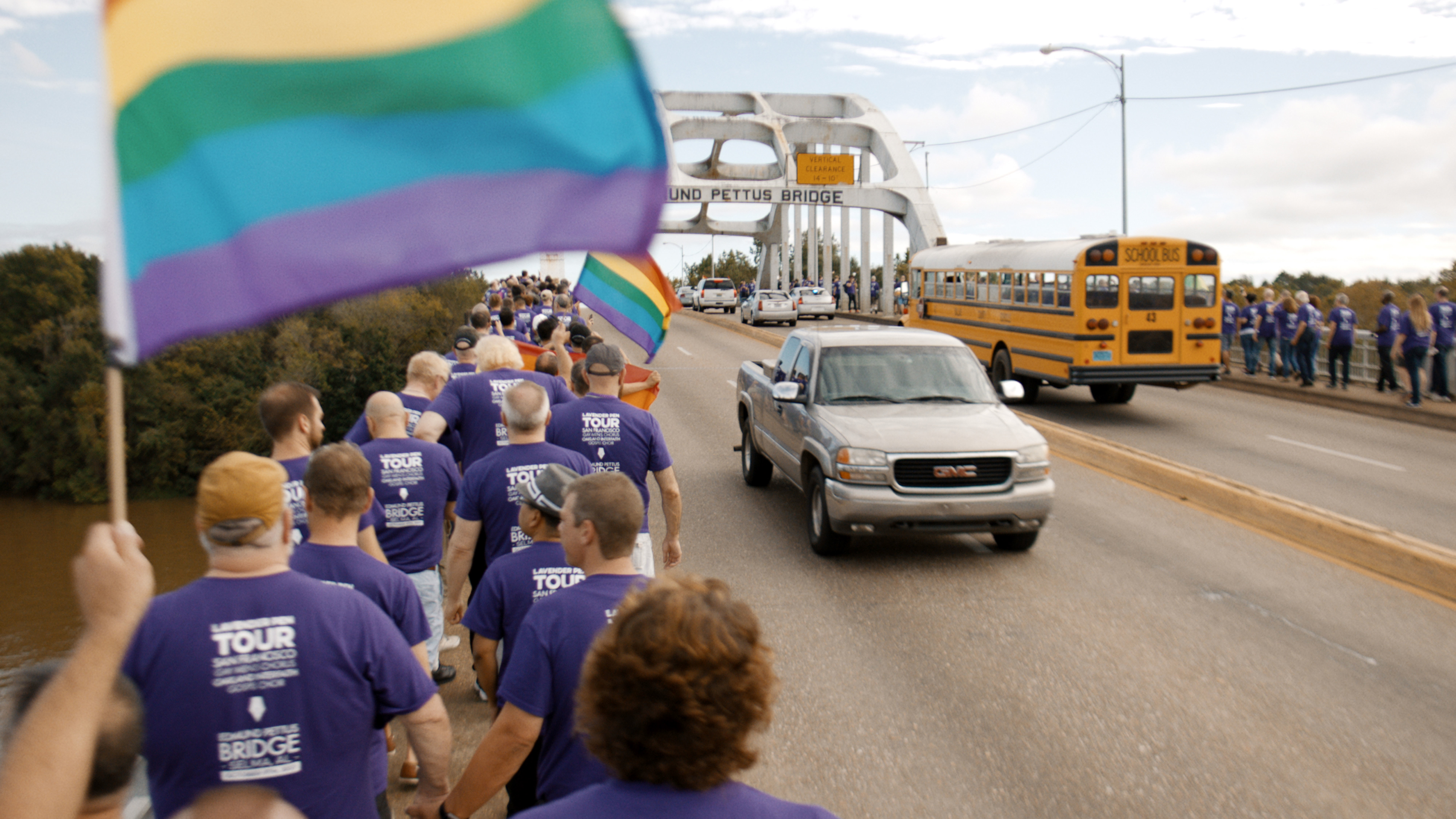Julia Drake grew up outside Philadelphia. As a teenager, she played some of Shakespeare’s best heroines in her high school theater program, and their stories would stay with her forever. She received her BA in Spanish from Williams College, and her MFA in creative writing from Columbia University, where she also taught writing to first-year students. She currently works as a book coach for aspiring writers and teaches creative writing classes for Writopia, a nonprofit that fosters love of writing in young adults. She lives in San Francisco with her partner and their rescue rabbit, Ned. Her debut novel, The Last True Poets of the Sea, is available now. I had the pleasure of interviewing Julia, which you can read below.
First of all, when did you want to be a writer? What drew you to creative writing?
I have always written, though it wasn’t until I was a senior in college that I took my first creative writing class and started taking writing more seriously. Writing for me was always a balm, and a way of thinking, a way of slowing down and sorting out the chaos of my inner life. I have always found Joan Didion’s assertion in “Why I Write” to be relatable: “Had I been blessed with even limited access to my own mind there would have been no reason to write.”
What were some of the first books you fell in love with and why? What were some of the first queer books the clicked with you?
As a child, I read and re-read Charlotte’s Web a thousand times. It’s such a beautiful story of friendship, change, and the passage of time, and I returned to it during the pandemic and found myself completely undone. When I was a little older, I loved books by Sharon Creech, especially Absolutely Normal Chaos and Mary Lou Finney’s hilarious take on the world. I wasn’t exposed to a lot of queer lit growing up, but I remember a short story called “Cowgirls & Indie Boys” by Tanuja Desai Hidier (author of Born Confused) in an anthology called Sixteen: Stories About that Sweet and Bitter Birthday. I must’ve been thirteen or so when I read it, and it was remarkable to me at the time because it was a short story that ended happily in two girls kissing, and no harm came to them. It was the first time I’d seen queer young women validated and celebrated, and I found myself so moved by it without quite being able to express why.
Where did the inspiration for The Last True Poets of the Sea? Were there any authors or books that influenced you while writing this novel?
The original inspiration for this book was Shakespeare’s Twelfth Night, which has long been a favorite of mine. Viola and Olivia are both such great characters, and I wanted to explore their relationship through a queer lens. I thought a lot about Sharon Creech’s books while I wrote, and how she manages to create stories that are both extraordinary and ordinary.
So the title, why the sea? Why poetry?
The title comes from a line from Jacques Cousteau’s Diving for Sunken Treasure, a book that the character Sam adores. I don’t want to spoil the meaning, but the line felt applicable for many reasons. While the book isn’t expressly about poetry, it felt fitting to me: Violet finds herself moved by an Adrienne Rich poem and later winds up writing song lyrics; Toby, her uncle, reveals he writes poetry.
Often for queer fiction, there’s almost this pressure to write “clean” sanitized narratives where the characters are morally unambiguous and practically perfect, and your story and characters are anything but. Was it always your intention to write this kind of messy queer character in this messy queer story?
Absolutely! Who among us is perfect? I’m extremely interested in characters that make mistakes and don’t have things figured out, because those are the only kind of people there are (especially true when writing about teenagers). At the same time, it was important to me with this book that Violet’s messiness not come from her queerness, but rather exist alongside it. She’s not messy because she’s queer, she’s messy and she’s queer.
Mental health/illness is a strong theme within this book, and the spider-like-threads it weaves between the different characters in the book. Was this always something you wanted to cover and what would you say about the process/trials of discussing mental health in YA?
I truly did not set out to write a book about mental health – I wanted to write a whimsical book about having a good time in an aquarium! But mental illness found its way in because it’s been so much part of the fabric of my life, both in terms of my personal history and family and friends. Writing about mental health is for me, always a balance between being authentic and vulnerable, but also about not being afraid to invent and fictionalize. The trick comes in being empathic towards and honoring characters whose experience differs from your own.

As a queer woman, would you say you have incorporating any of your own experiences/memories as a queer person navigating their identity?
I am very lucky in that Violet’s experience of being met with love and acceptance has been my experience as well. I’m very straight-passing, and I share in Violet and Liv’s discomfort when others make assumptions about their identities. Liv’s parents, for instance, suggest that both girls will eventually meet a nice man someday, and Violet finds herself thinking something along the lines of, or person, or no one at all.
Aside from writing, what hobbies/interests do you enjoy exploring in your free time?
This past year, watching TV and going on masked walks were my principal interests. But I’m excited to get back into swimming this summer, and maybe even read a book or two if I can muster the focus! I also have an extremely handsome bunny who I spend a lot of time with and discourage from eating my houseplants.
What advice might you have to give to other aspiring writers, especially those trying to finish their first books/projects?
Commit to small and consistent goals, especially when you’re starting out: thirty minutes a day, and you’ll get to the end eventually. Learn to be patient with yourself and your progress – if it takes a long time, you’re doing it right. There really is no shortcut.
What’s a question you haven’t been asked yet, but wish you were asked?
I wish someone would ask about the great mind behind the amazing fish puns in the book, because the majority of them come from my brother-in-law, the incomparable BJ Thompson, who also took my author’s photograph. I am forever in his debt!
Are there any projects you are currently working on and at liberty to speak about?
Yes! I’m working on a second book that will be published by Little, Brown Books for Young Readers in 2022. There’s a road trip in it, and a dog.
Finally, what queer books/authors would you recommend to the readers of Geeks OUT?
Ashley Herring Blake writes heartbreakingly beautiful, moving young adult and middle grade novels that I wish had been around when I was growing up – I would have devoured all of them! Every Body Looking by Candice Iloh was another book I really enjoyed this past year. And James Baldwin’s Giovanni’s Room should be required reading for everyone, everywhere.




0 Comments